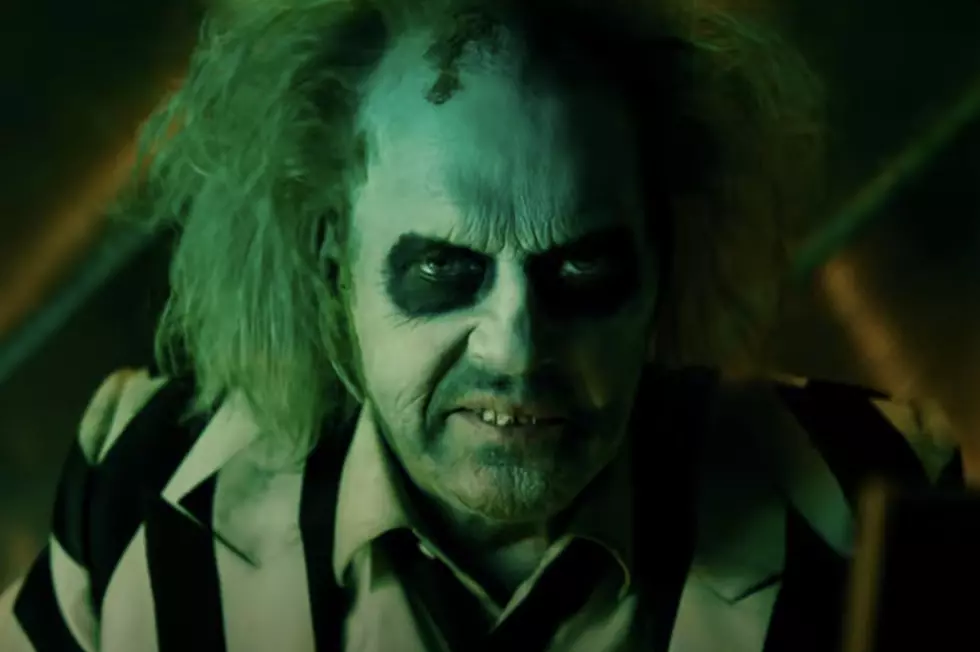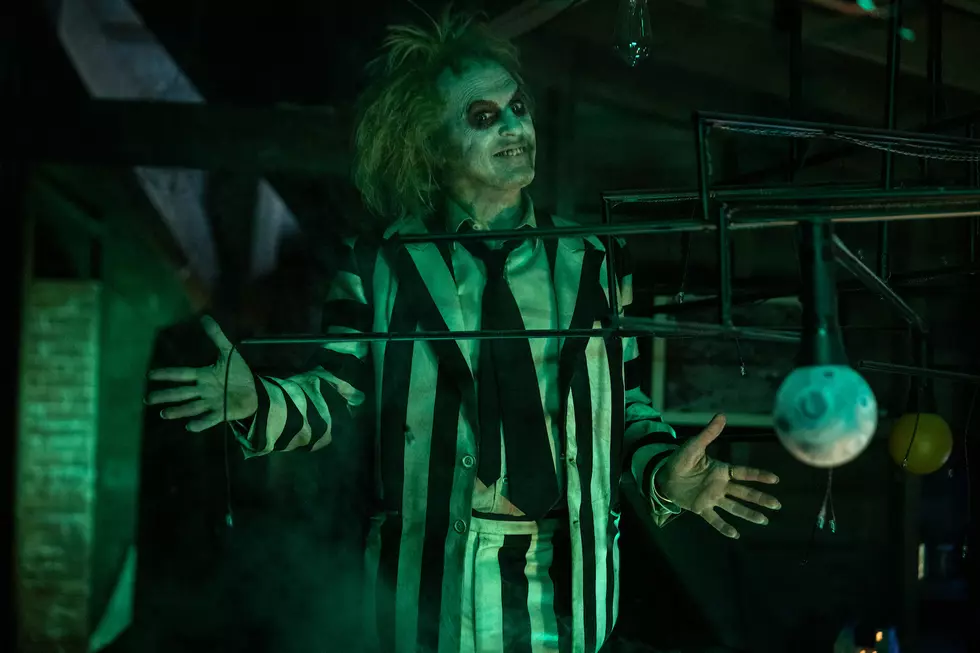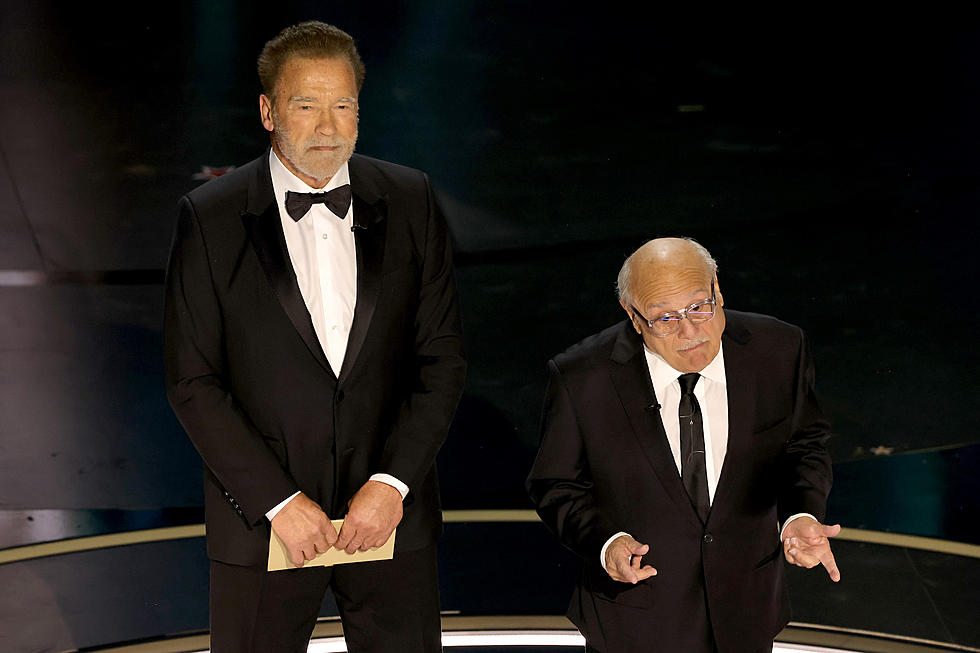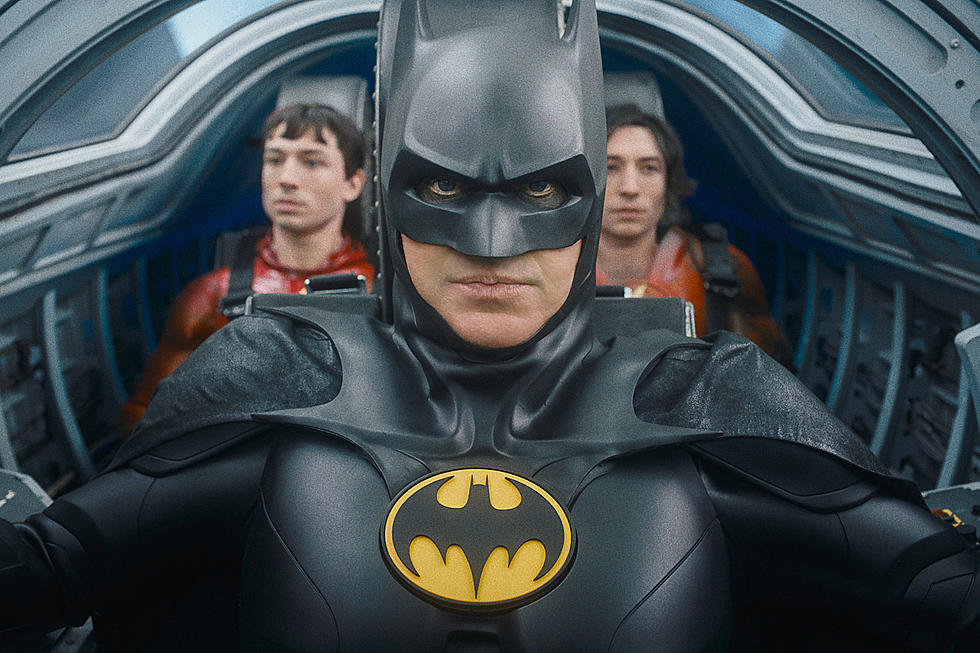
‘Spotlight’ Review: A Great Journalism Movie and a Surefire Oscar Contender
When I finished this review, I checked the time to see how long I’d been working on it.
2 hours, 25 minutes.
That doesn’t sound like much, but in the world of modern journalism, it’s an eternity. It’s not just nerds on message boards who want to be FIRST! anymore; the internet’s all-consuming need for pageviews, clicks, and shares has completely transformed the way members of the press think and work. There are fewer and fewer staff writers and more and more freelancers, many of whom are paid per post. Their primary motivation is to get something published as fast as humanly possible so they can get to publishing the next thing as fast as humanly possible. Most internet journalism is like the hamster on the wheel, and with about as much attention paid to typos.
Spotlight is a story about the way things used to be done; a model of journalism in which a reporter might publish one article a year rather than one article a day (or, God help us, an hour). It follows the “Spotlight” unit of The Boston Globe, a four-person team of reporters who investigate big stories for as long as they need. In 2001, Martin Baron (Liev Schreiber) became the new editor of the Globe, and assigned the Spotlight writers the case of a Catholic priest accused of molesting numerous children. But rather than simply cover that one story, the Spotlight staff dug deeper into the Catholic Church’s history of hiding such crimes by moving priests from one place to another. Their work exposed systemic abuse stretching back decades and ultimately won a Pulitzer Prize... but wasn’t published until 2002. This sort of journalism requires time, patience, and resources; three things most web publishers don’t have.
Director Tom McCarthy does an impressive job of valorizing the Globe’s work without glorifying the place or their profession. There’s nothing glamorous about the Spotlight team — they spent most of their time in a drab office, with occasional excursions to a library where most of the lights don’t work and the smell of dead rat wafts through the air (not everything, it turns out, can be found on Google). When these reporters pound the pavement, they get doors slammed in their faces and encounter clerks who refuse to hand over court documents they are legally entitled to see. Spotlight doesn’t make journalism look cool or fun. But it does make it look vital to a properly functioning democracy.
When Baron arrives at the Globe he meets with Walter “Robby” Robertson (Michael Keaton), the leader of Spotlight, who brings the Catholic Church story to the rest of the group: Michael Rezendes (Mark Ruffalo), Sacha Pfeiffer (Rachel McAdams), and Matt Carroll (Brian d’Arcy James). The first handful of witnesses lead them to an attorney prosecuting the cases (Stanley Tucci); the scope of the investigation slowly widens until it includes the cardinal of Boston, Bernard Law (Len Cariou). The reporters attack the story ferociously; McCarthy follows them systematically. It can be hard to keep track of all the names and cases, but the screenplay by McCarthy and Josh Singer organizes and condenses a very complicated story into a form that feels both economical and comprehensive.
If it hasn’t happened already, someone is going to dub Spotlight “All the Cardinal’s Men,” in reference to the classic Alan J. Pakula newspaper procedural about Washington Post reporters Bob Woodward and Carl Bernstein’s work on the Watergate break-in and Nixon White House. Spotlight might not quite reach the same heights as All the President’s Men — it could use a bit more visual panache and intensity — but it’s certainly worthy of the comparison (and not just because the son of Woodward and Bernstein’s editor, Ben Bradlee Jr. (John Slattery), is Robertson’s boss at the Globe).
Like Pakula’s film, Spotlight chronicles the developments in its reporters’ story with intense focus, rarely straying to depict the reporters’ personal lives — perhaps because most of these characters don’t have personal lives. (Just one is shown spending time with a spouse; another refers to a wife who later leaves him for spending too much time at work.) McCarthy is careful not to depict the characters as martyrs, though; they make sacrifices for their work, but they also make mistakes, and Spotlight doesn’t shy away from tough questions about the sex abuse case, or the Globe’s decisions. As the investigation expands, the matter of when to publish becomes just as important as what to publish. Waiting means more time to collect evidence on more guilty priests so that the Church can’t dismiss the allegations as the poor behavior of a few bad apples. But waiting also means leaving more children at risk. Spotlight reminds viewers that every action — and every inaction — has consequences.
The workmanlike narrative doesn’t leave much room for flashy acting, though Ruffalo gets the closest thing to an “Oscar moment” when Michael takes a passionate stand against one of Robby’s contentious decisions. (He’s a surefire Oscar contender, and the film could easily become a Best Picture frontrunner as well.) Most of the cast doesn’t even bother to attempt a Boston accent (Keaton comes the closest, but after a few “ah”s and “yoo”s in the opening scene, he seems to abandon it), a choice that fits the characters’ all-business attitude.
Spotlight is just as relentless as its subjects, and it marks a major step forward for McCarthy, who was previously best known for small-scale character studies like The Station Agent and Win Win, and then stumbled in epic and baffling fashion with The Cobbler. This superb newspaper procedural couldn’t be more different than that dreadful Adam Sandler vehicle; for their next report, the Globe Spotlight crew should investigate how one guy could make a movie this good and a movie that bad.
More From ScreenCrush









